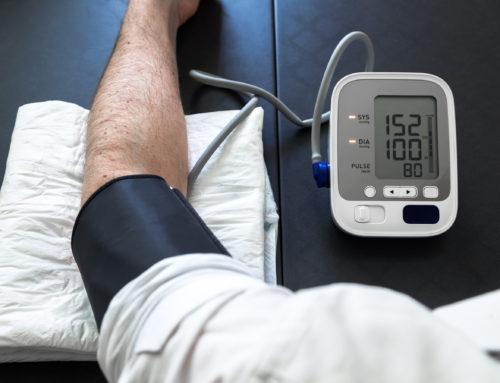Prescription drug abuse is an epidemic in the US. And according to the Centers for Disease Control and Prevention (CDC), fatalities from prescription opioid drugs have increased to over 15,000 every year. The most common narcotic pain medications are codeine, Oxycontin, Vicodin, and Percocet. People who are addicted just can’t easily break the habit. But, can the over-prescription of opioid rise to the level of medical malpractice. The short answer is “absolutely. Just recently, a jury awarded over $17 million in a medical malpractice verdict for overprescribing opioid painkillers.
Medical Malpractice
Medical malpractice can be caused by a variety of inactions or actions by healthcare providers. The bottom is proving negligence. Often, the courts determine medical negligence based on the healthcare provider’s failure to exercise the degree of care that another health care provider would provide.
In order to prove that a doctor was negligent, all of your medical records relating to treatment will have to be obtained, and you will have to hire a medical expert to testify against the treating doctor. A medical expert is typically in the same field as the treating doctor and provides an opinion regarding negligence. A medical witness will consider:
- The diagnosis
- Medical history
- Patient complaints
- The treating doctor’s experience
- The treating doctor’s objective medical findings
- What the medical literature states on how to treat the condition
Do Doctors Play a Role in the Rampant US Opioid Addiction?
“In a report on Overdose Death Rates published by the National Institutes of Health National Institute on Drug Abuse, you will see displayed on the front page, a bar graph that tracks the number of deaths from prescription drugs and its steady increase from 2001 to 2014 which represents a 2.8-fold increase in the total number of deaths. The CDC reports that between 2000 and 2014, nearly half a million Americans died from drug overdoses. In 2014, there were 96 opioid drug overdose deaths in Washington, D.C. Opioid overdoses (which includes both the medication and heroin), hit record levels in 2014, with a nearly 14 percent increase in one year. According to the CDC, opioid pain reliever prescriptions have quadrupled since 1999.” There’s no question that doctors play a role in the US opioid addiction problem.
However, these types of cases are tough to prove. That’s because there’s no exact science to prescribing medication. It really varies dependent on the injury and the individual patient. At the same time, there are standards in which a doctor should care for their patient. For example, doctors should offer other options for their patients, such as pain management therapies when they are prescribing pain meds for an extended period of time. This is considered “due care.” If a doctor fails to exercise due care when prescribing opioids, it could result in a serious drug addiction, overdose or even death. In the case of a fatality, you may have a wrongful death claim. Another example of a medical malpractice suit would be if a doctor prescribes opioids to a previous heroine addict. Other examples of negligence include prescribing an inappropriately large dosage and failure to notice a patient’s drug addiction.
In a way, many doctors are in between a rock and hard place when it comes to treating pain in their patients. Often, the pressure for more drugs comes straight from the patients themselves. Risks for overprescribing opioids comes with civil lawsuits, criminal lawsuits and even loss of medical license. To lower these risks, doctors should follow the guidelines established by the CDC and stay current on the trend of the use of opioids.
If you or a loved has a drug addiction due to the negligence of a doctor, turn to Dr. Edward Mallory as your expert witness in a lawsuit. He is an experienced medical expert witness, who gives oral and written testimonies to support his clients’ allegation. Remember, it’s crucial to have a medical expert in a medical malpractice lawsuit. As a matter of fact, most states require a medical expert in medical malpractice cases.




























